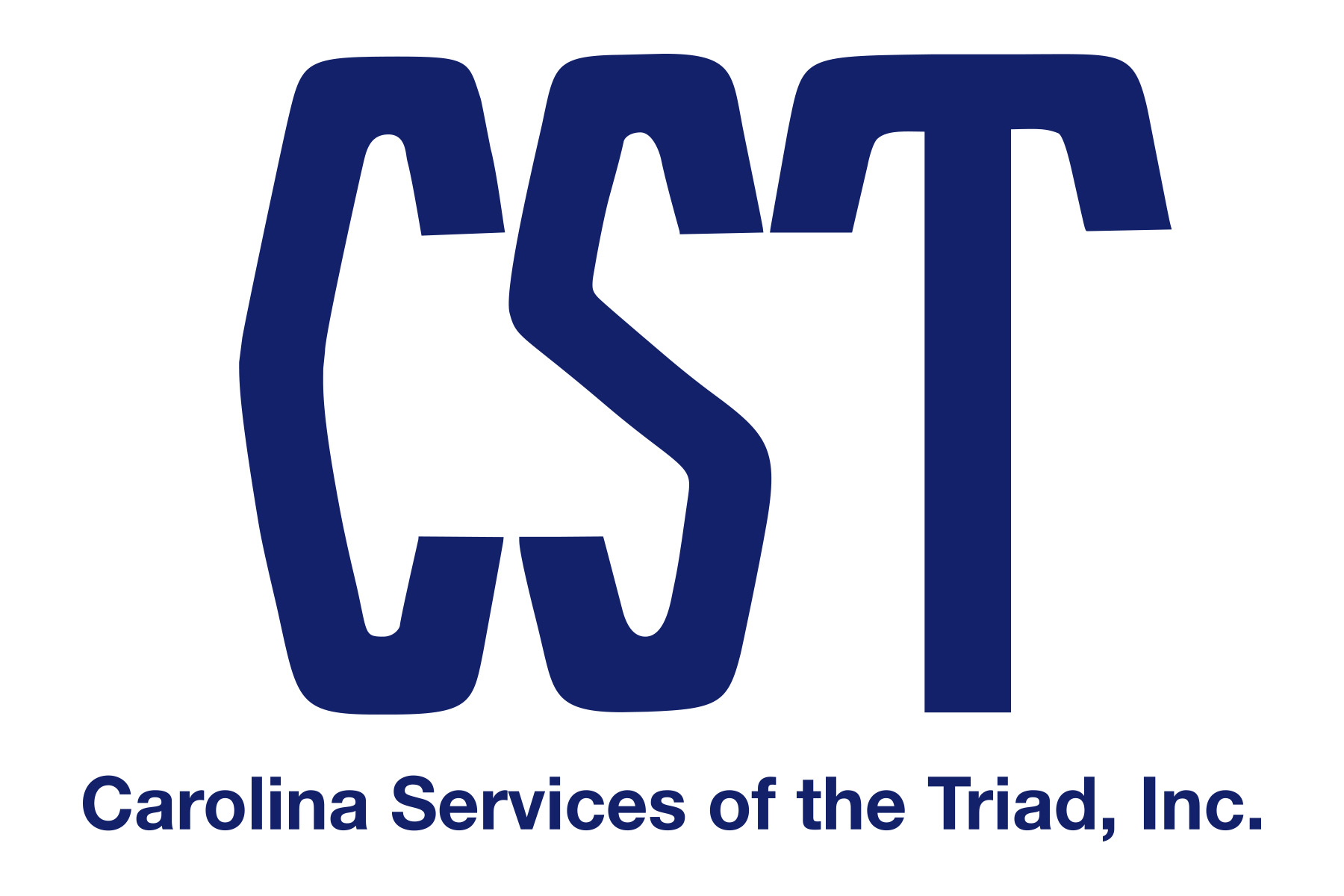After COVID-19 the cleaning industry changed quite a bit. Initially it was the sense of urgency and thoroughness to facility disinfection, but over time there became a greater emphasis on a few key certifications that speak to a cleaning company’s commitment to the long term.
Here are some of those certifications and how they benefit businesses tangibly.
Overview of Key Certifications
The Cleaning Industry Management Standard (CIMS) & CIMS-Green Building Certification. This certification is a way for a company to showcase capabilities in the LEED process. The LEED process itself (Leadership in Energy and Environmental Design) deals with things like green and sustainable practices in cleaning policies.
Not only do cleaning practices that meet the LEED guidelines mean lower energy costs for the business, but buildings that are LEED-certified have higher resale value. Air and lighting quality are higher, as well, which contribute meaningfully to a productive work environment.
Occupational Safety and Health Administration (OSHA) Training: OSHA guidelines are all about workplace safety, and creating standard procedures that avoid unnecessary risks.
These are significant for cleaners because their environment is often different week to week unlike staff at a warehouse or industrial facility. A cleaner goes where they are needed, and must adapt their cleaning strategy to the environment while also adhering to OSHA guidelines to ensure they and their team are safe. And just as importantly, to ensure nothing they do while cleaning poses a safety risk for the staff and customers of that business.
While there technically isn’t an OSHA certification — as all OSHA guidelines are just that — individuals and businesses can take 10-30 hour courses to receive OSHA DOL cards. These cards recognize that person’s commitment to safety and having demonstrated that knowledge in a formalized course.
This of course is not a guarantee of safety, but a cleaner having an OSHA DOL card or not can be an indication of seriousness about safety practices.
The Global Biorisk Advisory Council (GBAC) STAR Accreditation is similar to OSHA in its commitment to safety, but centers more around preventing infection and quickly responding to outbreaks.
Largely, GBAC accreditations mean a company has developed procedures highly conscious of disinfection and confidence in the facility. What are also implied are commitments to social and environmental priorities.

Specialized Training Programs
- Infection Control Training: This is crucial for environments with hazardous materials or where the potential for the spread of pathogens is high. Use of personal protective equipment (PPE) such as gloves, breathing masks, or even hazmat suits require training to properly utilize.
- Electrostatic Sprayer Training: We’ve blogged about electrostatic cleaning before and its massive benefits toward disinfecting large areas efficiently. But as easy as these tools sound when explained, there are still techniques and considerations needed to properly use them. Future-forward cleaning companies will have embraced this.
- HVAC and Air Quality Management Training: This is particular relevant for cleaners who work with medical and industrial facilities. In both those instances there is a greater priority for HVAC cleaning, and much higher safety risks if those cleaning tasks are neglected or performed by unspecialized teams.
Impact on Businesses and Facilities
For the business, hiring cleaning teams with these certifications allows them to stay future-forward. The pandemic shook up the business world substantially in lasting ways, and not simply in that more people worked remotely or that there was a greater pressure for disinfection.
There had already been a push for environmentally conscious business practices, and it seemed that during the great shifts of the pandemic the business world collectively thought, “Well, we’re changing how we all do business anyway…”
And that initial nudge to reexamine was all the easier since our hands were all pushed anyway.
Between the increased valuations of buildings with LEED certifications and the peace of mind week to week keeping things disinfected, there’s a lot of value in forward-thinking certifications.

